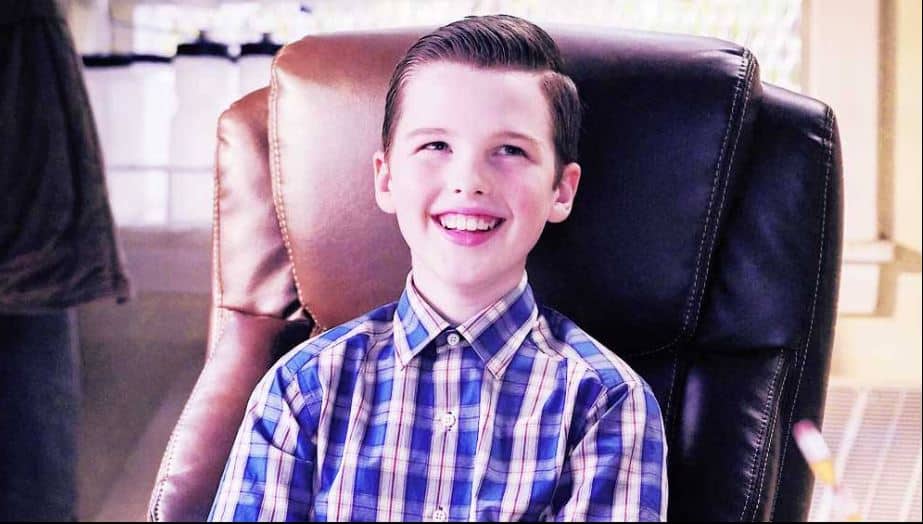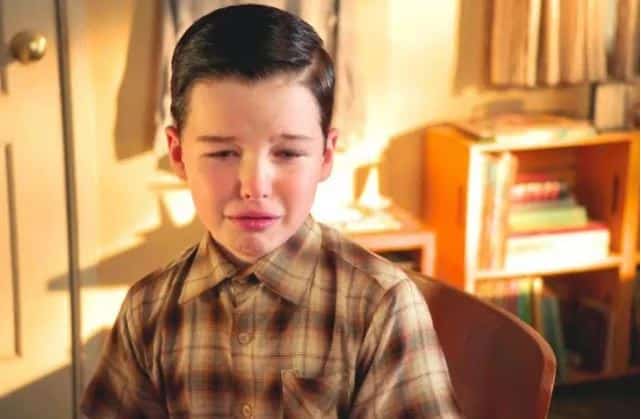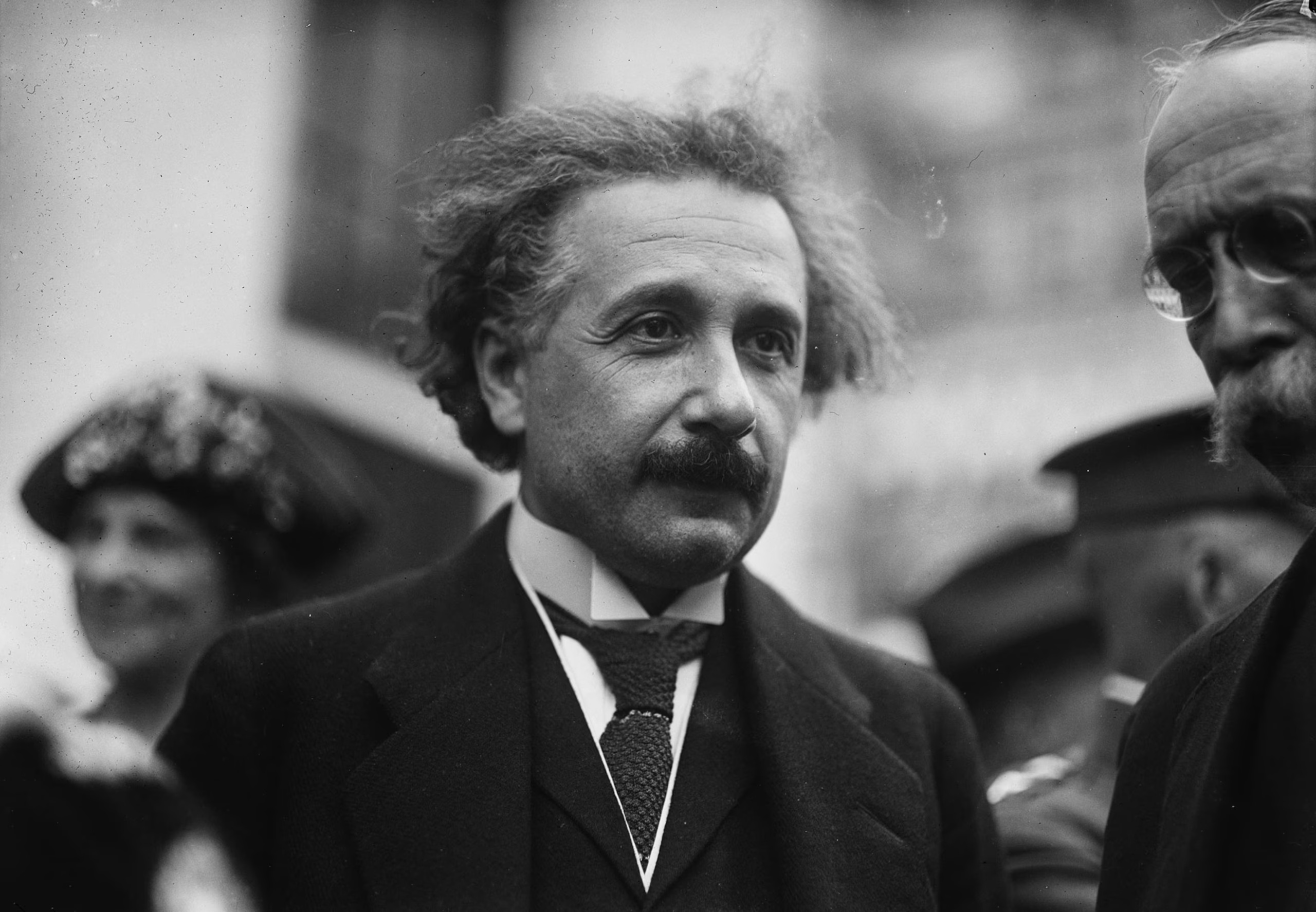The question “Is Sheldon autistic?” has sparked a lot of discussions among fans of The Big Bang Theory. While the show never explicitly diagnoses Sheldon Cooper with autism spectrum disorder (ASD), many of his behaviors strongly resemble traits commonly associated with the condition.
From his struggles with social interactions and difficulty understanding sarcasm to his intense focus on specific topics and need for routine, Sheldon exhibits several characteristics often seen in individuals with autism.
This has led many to speculate whether Sheldon could be an example of autism portrayed on television.
In this article, we’ll explore the key traits that have led to this debate and how Sheldon’s character has contributed to broader conversations about autism awareness and representation in the media.
Autism Spectrum and Sheldon Cooper’s Character
This places him in discussions about autistic famous individuals. Sheldon’s character struggles with social norms and social interactions, providing a clear example of autistic traits. His social struggles and routine-focused traits suggest Asperger’s, sparking debates about autistic famous individuals.
Success Stories
“Move Up ABA has been a lifeline for our family. Before starting therapy, our son struggled with daily routines and communication. Now, he’s more independent and even initiated a conversation with a classmate for the first time! The progress we’ve seen in just six months is truly remarkable.”
- Emily R., Silver Spring, Accountant
“As a single dad, I was overwhelmed trying to manage my child’s behavior. The Move Up ABA team not only provided amazing support for my little girl but also taught me practical strategies to use at home. Their in-home sessions fit perfectly with our busy schedule. I’m so grateful for their patience and expertise.”
- Michael T., Rockville, Middle School Teacher
“We were hesitant about starting ABA therapy, but Move Up ABA’s approach put us at ease from day one. Our twins have made incredible strides in their social skills and self-regulation. The therapists are like extended family now, and we couldn’t be happier with our decision to work with them.”
- Aisha and James L., Simpson, Police Officers
Ready to start your child's journey to success? Schedule a free consultation today! 📞 Call (410) 497-8865.
Sheldon Cooper’s Traits and the Diagnostic Manual
The Diagnostic and Statistical Manual (DSM) defines autism by certain behaviors, and Sheldon’s behaviors could fit many of these criteria. Sheldon Cooper’s intense focus on specific topics and difficulty with social interactions align with traits of the autism spectrum. This has led to many viewers considering Sheldon as an example of autism spectrum traits portrayed on television. Some even suggest center-based therapy as a potential approach for similar individuals.
Autistic Traits and Mental Disorders
The Big Bang Theory never labels Sheldon as autistic, but his social struggles and routine spark discussions about autism traits. The Big Bang Theory’s portrayal of these traits has helped increase awareness of autism spectrum disorder.
The Autistic Community and Sheldon’s Influence

The portrayal of an autistic character in mainstream media has sparked discussions within the autism community.
Sheldon Cooper’s character provides visibility to the spectrum disorder and highlights traits like difficulty with social cues and repetitive behaviors.
Sheldon’s character has become a symbol of autism portrayal on television, highlighting the diverse ways autism spectrum disorder can manifest.
Social Norms and Sheldon’s Struggles
These difficulties in understanding social expectations are common in individuals with autism spectrum disorder, highlighting the importance of understanding autism benefits by state to support those with similar challenges.
Autism Spectrum Disorder and Asperger’s Syndrome
His lack of empathy in certain situations and his obsession with routines are traits commonly associated with Asperger’s syndrome. Understanding these traits can help foster autism family support by promoting awareness and acceptance. These traits include a high level of intellectual ability and difficulty in social interactions.
The Big Bang Theory and Autism Representation
The Big Bang Theory has been praised for portraying Sheldon Cooper and its possible connection to autism. By including a character like Sheldon Cooper, The Big Bang Theory has contributed to the broader conversation about autism representation in media. His character encourages greater empathy and understanding of people who exhibit similar real-life traits, offering insights that can benefit Autism Parents Support communities.
The Role of Social Interaction in Autism

Social interaction is a key area affected by autism spectrum disorder, and Sheldon’s challenges in this area are central to his character.
His struggles with understanding sarcasm, tone, and body language reflect the social difficulties faced by many individuals on the autism spectrum.
Sheldon Cooper’s Legacy in the Autism Community
Sheldon Cooper’s character has impacted how autism is viewed in popular culture, fostering discussions about the spectrum disorder. The portrayal of Sheldon Cooper has sparked both support and criticism within the autism community, with some praising the representation and others critiquing the lack of a formal diagnosis.
Nonetheless, his character has contributed significantly to raising awareness about autism, its manifestations, and the importance of exploring various autism treatment options.
Sheldon’s Character and Autistic Traits in Media
The portrayal of Sheldon Cooper has raised important questions about how autistic traits are represented in media. Sheldon’s behavior has sparked meaningful conversations about neurodiversity and the representation of autistic characters on television.
The depiction of his struggles with social interaction provides valuable insight into the daily challenges faced by individuals on the spectrum, similar to autism symptoms in children.
The Impact of Sheldon Cooper on Autism Awareness
Sheldon Cooper’s character has played a pivotal role in raising awareness about autism, contributing to a broader understanding of neurodiversity. By making the character of Sheldon Cooper relatable to millions of viewers, The Big Bang Theory has helped demystify some of the behaviors associated with autism.
His portrayal has brought the spectrum disorder into the spotlight, fostering conversations about inclusion and acceptance.
Understanding Repetitive Behaviors and Autism

Sheldon’s exceptional intellect, particularly his expertise in physics, reflects a trait commonly associated with autism, where individuals may show extraordinary abilities in specific areas.
His genius-level skills, paired with social difficulties, highlight the diverse nature of autism spectrum disorder. For those seeking thoughtful gifts for autistic adults, understanding these unique traits can help in choosing something meaningful and relevant.
These repetitive behaviors can sometimes be misunderstood, but they are an important part of Sheldon’s character and help showcase how such traits manifest in real life. His behavior provides a window into the coping mechanisms that individuals with autism often develop to navigate the world around them.
Autism Spectrum Disorder and Mental Health
Autism spectrum disorder is a complex condition that affects not only social interaction but also mental health in various ways. Sheldon’s character is a clear example of how autism can impact mental well-being, as he often struggles with anxiety or discomfort in unfamiliar situations.
Sheldon’s struggles with change and his need for routine highlight the challenges that many individuals with autism face regarding mental health. These aspects of his character offer a more nuanced view of autism, emphasizing the mental health aspects that are often overlooked.
Sheldon Cooper’s Relevance to the Autistic Community
Sheldon Cooper’s character resonates with many in the autistic community, as his traits reflect the challenges of navigating social spaces with autism spectrum disorder. While exaggerated for humor, his behaviors mirror real struggles. This representation has fostered greater acceptance and understanding, making Sheldon a relatable figure for many viewers.
The Role of Social Cues in Sheldon Cooper’s Behavior
Sheldon Cooper’s struggles with interpreting social cues, such as sarcasm and tone, reflect common challenges faced by individuals with autism spectrum disorder. These difficulties in understanding non-verbal communication are critical traits of autism.
In The Big Bang Theory, Sheldon’s social challenges create humor while highlighting the difficulties people with autism face in social situations. His failure to pick up on cues underscores the need for clear communication with those on the spectrum.
Autistic Traits and the Representation of Neurodiversity

Sheldon Cooper’s portrayal in The Big Bang Theory has highlighted neurodiversity and the varied traits of individuals on the autism spectrum.
His character is one of the few mainstream depictions that showcases both the strengths and challenges of autism.
Though controversial at times, Sheldon’s character has significantly influenced how neurodiversity is represented in media. His focus on traits like intense concentration, repetitive behaviors, and social difficulties has contributed to ongoing discussions about autism representation.
Sheldon Cooper’s Character and Spectrum Disorder
Sheldon’s character offers an exaggerated yet recognizable example of the spectrum’s complexity. His portrayal has helped increase understanding of how autism manifests differently for each individual.
The Influence of Sheldon Cooper on Popular Culture
Sheldon Cooper has become an iconic TV character, partly because he portrays traits commonly associated with autism. His quirks have sparked cultural discussions about neurodiversity, ABA therapy activities, and how such characters shape perceptions of autism.
By featuring Sheldon in a primetime sitcom, The Big Bang Theory has helped shape public understanding of autism spectrum disorder. His character has fostered more nuanced conversations about autism and the importance of accurate, respectful representation in media.
Emotional Expression and Sheldon Cooper’s

Sheldon’s limited emotional expression is often cited as a sign of his struggle with social and emotional cues, something familiar in individuals with autism.
His character’s difficulty in recognizing and expressing emotions mirrors a common challenge those on the spectrum face, which can also be linked to the ability to define tacting, a concept related to verbal behavior and social interaction.
Sheldon Cooper’s Sensory Sensitivities
Sheldon often displays sensitivity to sensory stimuli, such as the discomfort he feels from certain textures or sounds, which is typical in people with autism. Sensory sensitivities are a common aspect of autism, and Sheldon’s reactions highlight how such sensitivities can affect daily life.
Sheldon Cooper’s Routine and Stability
Sheldon’s strict adherence to routines, like his desire for a specific seat or order in his life, showcases the need for stability that many individuals with autism require. The importance of routine and structure helps individuals with autism feel safe and in control of their environment.
Sheldon Cooper’s Intellectual Abilities
Sheldon’s exceptional intellect, particularly his expertise in physics, reflects a trait commonly associated with autism, where individuals may show extraordinary abilities in specific areas.
His genius-level skills, paired with social difficulties, highlight the diverse nature of autism spectrum disorder, making him a potential example for games for autistic individuals that focus on developing specific skills.
Conclusion
Sheldon Cooper from The Big Bang Theory displays traits often associated with autism spectrum disorder (ASD). This has sparked various discussions about neurodiversity.
Sheldon’s character has raised autism awareness in mainstream media, emphasizing empathy, inclusion, and understanding. By breaking stereotypes and showing how individuals with ASD can thrive, The Big Bang Theory promotes acceptance of the diverse ways people think and interact, highlighting the important role of behavior technicians in supporting those with autism.






